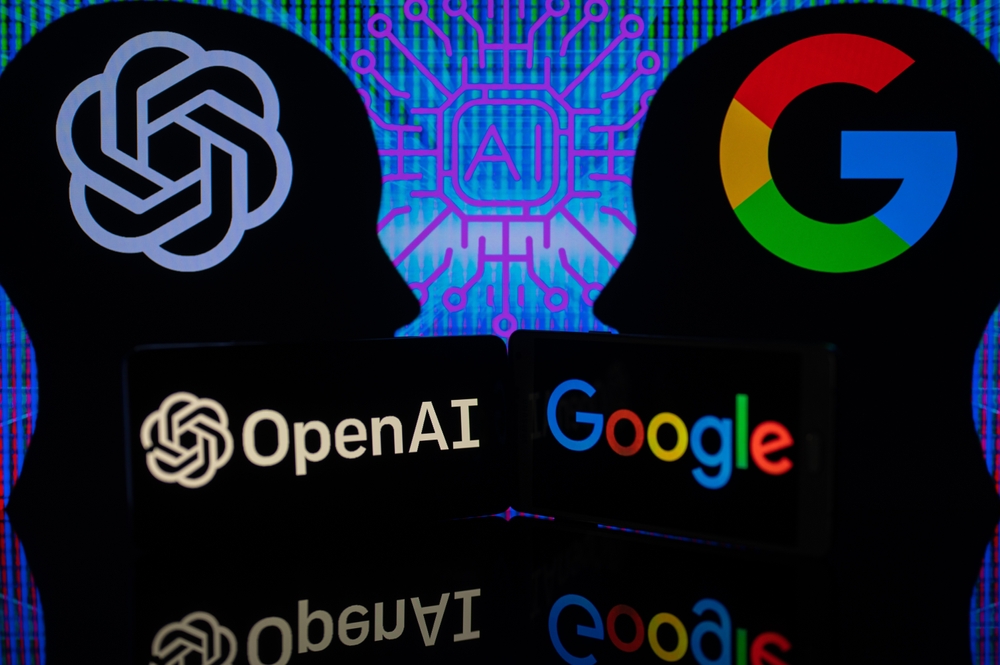The battle for AI supremacy may be won by the company that attracts and retains the brightest AI talent. OpenAI and Google are offering large incentives in this high-stakes battle.
There’s nothing subtle about how OpenAI and Google have been aggressively pursuing the top AI researchers in each other’s teams. A lot of money is being dangled to get the brightest minds to jump ship.
In October, venture capital firm Thrive Capital led a deal that will see it purchase OpenAI employees’ shares at a price that values OpenAI at more than $80 billion, triple its current valuation.
OpenAI has been offering Google’s top AI researchers share package incentives at the current $27 billion valuation. The prospect of an equity share that could well triple when the share sale closes in a few months is quite an incentive.
The big boost to OpenAI’s valuation has seen it cash-flush and in a position to offer huge salaries to Google staff looking for a career change. Salaries of $5-$10 million are reportedly being offered to top Google AI researchers depending on their expertise.
Google hasn’t been offering these kinds of salaries but has been forced to up the salaries of current staff to hang on to key employees. In October, Jiahui Yu, a senior research scientist who was reportedly working on Google’s Gemini project, joined OpenAI.
It’s not just about the money
It hasn’t been a case of one-way traffic heading OpenAI’s way. For example, Matt Wiethoff, a lead developer on OpenAI’s ChatGPT project joined Google DeepMind last month.
And money isn’t the only reason motivating AI researchers to consider a move. Management styles and project profiles are factors too.
Is OpenAI’s GPT-5 project and its focus on AGI the place to be? Or will AI engineers want their names associated with Google’s Gemini when it’s finally released?
Prominent AI researcher Jacob Devlin left Google for OpenAI in January after complaining that Bard was being trained on ChatGPT’s data. Just 5 months later, Devlin returned to Google.
After his return, Devlin said, “I’m excited to return to Google and help the company build the future of AI. I’m particularly interested in working on fundamental research that will help us understand how AI works and how we can use it to solve some of the world’s most pressing problems.”
AI researchers want to be where the action is, and AI action requires access to limited computer processing resources. For now, it seems that Google has the edge over OpenAI on that front.
OpenAI CEO Sam Altman reportedly acknowledged Google’s computing advantage but expects the balance to shift OpenAI’s way later this year with help from OpenAI’s chief investor, Microsoft.
Microsoft has been working on its own AI chip to compete with Nvidia’s H100 GPU. The new chip, called Athena, is expected to be unveiled at Microsoft’s Ignite developer conference later this week.
Expect a lot more back-and-forth movement of AI star players, and spare a thought for the human resource departments at these companies.





